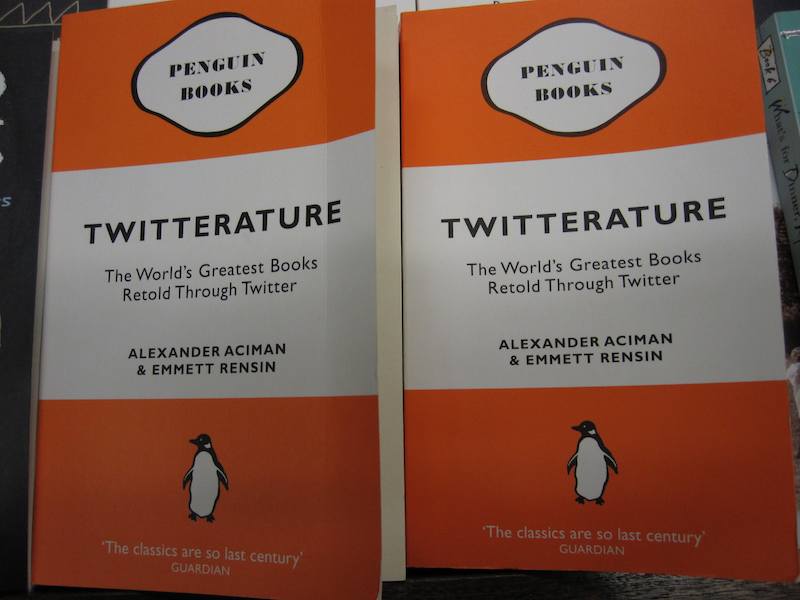
The moral panic du jour is about Chatroulette, and it’s tiresome. When reading some of the commentary that’s mushroomed around it I suddenly had the urge to see what danah boyd had to say about it, partly because she’s thought more profoundly about social networking than anyone else, and partly because she’s a rock of common sense in these matters. And, sure enough, she has a thoughtful post on her blog. Excerpt:
What I like most about the site is the fact that there’s only so much you can hide. This isn’t a place where police officers can pretend to be teen girls. This isn’t a place where you feel forced to stick around; you can move on and no one will know the difference. If someone doesn’t strike your fancy, move on. And on. And on.
I love the way that it mixes things up. For most users of all ages – but especially teens – the Internet today is about socializing with people you already know. But I used to love the randomness of the Internet. I can’t tell you how formative it was for me to grow up talking to all sorts of random people online. So I feel pretty depressed every time I watch people flip out about the dangers of talking to strangers. Strangers helped me become who I was. Strangers taught me about a different world than what I knew in my small town. Strangers allowed me to see from a different perspective. Strangers introduced me to academia, gender theory, Ivy League colleges, the politics of war, etc. So I hate how we vilify all strangers as inherently bad. Did I meet some sketchballs on the Internet when I was a teen? DEFINITELY. They were weird; I moved on. And it used to be a lot harder to move on when everything was attached to an email that was paid for. So I actually think that the ChatRoulette version allows you to move on with greater ease, less guilt, and far more comfortably. Ironically – given the recent media coverage – it feels a lot safer than any site that I’ve seen that’s attached to a name or profile with connections to people or identifying information. Can youth get themselves into trouble here? Sure… like in most public places. And there are definitely youth who are playing with fire. But, once again, why go after the technology when the underlying issues should be the ones we address? Le sigh.
There’s also an interesting interview in the New York Times with the kid who created ChatRoulette. What caught my attention is this excerpt.
Why did you start Chatroulette?
I was looking for a site like this, one that would let me chat randomly on webcams, and I couldn’t find it, so I thought I would try to build it.
How long did it take to build?
It took me three days. I built it on an old computer I had in my bedroom.
Then what happened?
Well, at first I showed it to my friends and they criticized it; they asked why anyone would want to use it. So I went onto a few Web forums and asked people to try the site, and I got 20 people to try it.
How many users do you have now?
Well, after the initial 20 users the site doubled and it continued to double every day since then. Last month I saw 30 million unique visitors come to the Web site and one million new people visit each day. It continues to multiply and I just couldn’t stop it from growing.
What were you thinking while this was happening?
I woke up one morning and checked my computer and saw all of these news articles about Chatroulette. I yelled to Mom to come and look at my computer. At first she was very nervous, but she doesn’t really understand it very well and asked me why I’m not going to school.
This resonates because I’m working on a book at the moment which is largely about how mainstream culture still doesn’t understand the essence of the Net. I’m arguing that a useful way to think about it is as a global machine for generating surprises. The Web was one such surprise; Napster was another; malware yet another. Chatroulette is a surprise in the same tradition: a smart idea implemented by a smart kid, at virtually light speed, using an old PC and in his bedroom! And without having to ask anyone’s permission. It’s an example of the explosive creativity enabled by the architecture. No wonder the Daily Mail (and New Labour) has such a hard time comprehending it.


